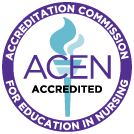
When you consider your future, what do you see yourself doing? For many people, the answer is complicated. They’d like to say they see themselves helping patients get quality medical care. The process of getting there can seem inaccessible and complicated. Even nursing school can take years. With the shortage of qualified nurses many people would understandably expect it to be easy to get in. Many schools look for students who are already at the top of their class. Even with career programs designed around nursing, it’s easy to get kicked out. If you don’t pass certain classes the second time, they can kick you out of the program.
Lengthy medical programs aren’t your only options. They provide the ideal solution for some. Many people in today’s economy don’t necessarily have the extra money to go to college. So the idea of taking out extensive student loans can be daunting. If you’re unfamiliar with the healthcare system, the odds of failure could also seem high.
This is where a patient care technician program comes in. Students come from all walks of life and for various reasons. Some build their confidence as patient care technicians and move onto more advanced training. Others are the first in their family to seek out higher education. Helping others is just part of the package. They also open more doors for themselves. No matter what kind of career path you choose, finding a good patient care tech training program is key. It can change what you learn and how effective you are in the future. You might be tempted to just go to the school with the lower cost. This could cost you in the long run.
Important Factors To Consider When Choosing a Patient Care Tech School
There are a few things to look at when you’re choosing your school. If you’re looking, chances are you’ve already decided on a career as a patient care tech. Programs are shorter and more affordable. It gives more people options. What should you look at?
- Accreditation: Always make sure the program you choose is accredited. If it’s not, it may not meet basic standards. You might not learn the key skills employers are looking for. This could cost you professionally. Some schools will recognize different schools early on. Others might pay you less or offer you fewer opportunities based on knowledge and performance.
- Location: This will vary for each student. Some students have family or friends in certain areas. You might also want to explore a different part of the country. Finding the right location can lower your costs. It can also simplify the process of being properly certified after. You can take all your exams in the state you plan to work in. If you choose a state you plan to stay in, you can also build professional connections with job placement services.
- Cost: How much will it cost you? You can take out student loans and apply for scholarships. Some students also have help from family and friends to pay for their schooling. Even if you plan to take out a loan, you should always make sure to compare your costs. It can vary between different cities. There’s no reason to pay for the most expensive school in the city automatically. When you compare your costs, you know what your options are. Ask if financial aid is available to those who qualify. Federal student loans typically have deferred repayment, meaning you won’t start paying back the loan until after you’ve completed your training. This allows you to focus on your studies rather than worrying about the financial aspect.
- Scheduling: What kind of scheduling options do you have? Some students have family, work, and other obligations. They have to continue to balance these obligations with school. Many schools offer full and part-time options to help students take their careers to the next level.
- Career Services: When you graduate, it’s not always as easy as you might think to jump into the job market. If you’ve never worked in the industry before, it can be intimidating. Schools can work with local hospitals and other employers to give students exposure. This could lead to externships or other opportunities to work directly with employers. By the time you graduate, you already may have career options lined up in your community.
Find a Patient Care Tech Program That Meets Your Learning Needs
Finding the right career path can be simple for some and complicated for others. You have to consider many factors. It might surprise you which factors can help you find answers. If you’ve decided a career as a patient care tech is the next step, FVI School of Nursing and Technology can help. Enroll in our patient care tech school in Miami, FL. We have years of experience helping students make a change in their lives.
If you want to help people in the medical industry, you don’t have to spend the years to become a doctor or nurse. You can explore option and train in less than a year. Patient care technicians are often known for working with the elderly. You can branch out into many other areas. Some get further training to become nurses or medical assistants. A growing number of professionals are building careers as patient care techs. Contact us for more information about all of our healthcare training programs in Florida at FVI School of Nursing and Technology.









